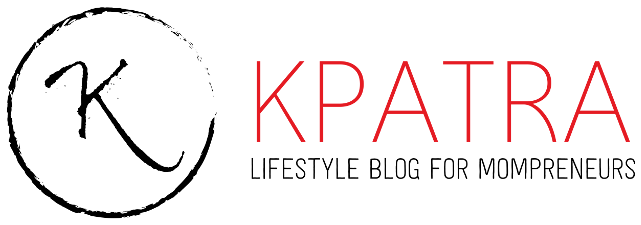
Managing debt can feel overwhelming. With the right knowledge and tools it is possible to regain control over your finances. Books are a great resource for understanding debt management. They offer strategies insights and practical advice that can lead to better financial decisions. For financial knowledge that grows with you explore Z library. This extensive e-library provides access to a wide range of books focused on personal finance and debt management.
Understanding Debt Management
Debt management is crucial for maintaining financial health. It involves various strategies to help individuals control and reduce their debts. This can include budgeting negotiating with creditors and understanding interest rates. A solid foundation in these concepts is vital for anyone looking to take charge of their financial situation.
Many books provide practical tips on managing debt. They often emphasize the importance of tracking expenses and setting financial goals. Establishing a budget allows you to allocate funds toward debt repayment while still covering essential living costs. By learning these strategies you can work toward becoming debt-free.
Key Books on Debt Management
When seeking guidance on managing debt certain books stand out for their clear advice and practical strategies. These books can offer insights into effective financial practices. Here are a few essential titles to consider:
- The Total Money Makeover by Dave Ramsey
- Your Score by Anthony Davenport
- I Will Teach You to Be Rich by Ramit Sethi
- The Debt Escape Plan by Lindsay McCoy
These books provide valuable frameworks for understanding and addressing debt. They offer tips on budgeting saving and planning for the future.
Building a Support System
Debt management is often a journey best taken with support. Many find it helpful to connect with financial advisors or support groups. These resources can provide encouragement and accountability. They can also share personal experiences that resonate with others.
Having a strong support system can make the process of managing debt less daunting. Whether it is through friends family or financial professionals this network can help you stay motivated. Reading about others’ successes in overcoming debt can also inspire you to take action.
Leveraging Online Resources
In today’s digital age numerous online resources can enhance your understanding of debt management. Websites blogs and forums can provide additional support and knowledge. Zlibrary is an excellent place to access a variety of financial books that can be beneficial on your journey.
It is also helpful to utilize budgeting tools and apps. These tools can assist in tracking expenses and creating realistic budgets. They provide visual aids to help you see where your money goes. When you combine these resources with traditional books you can develop a comprehensive approach to managing debt.
Developing Long-term Financial Habits
Managing debt is not just about paying off what you owe. It also involves building habits that foster long-term financial health. Books on personal finance often highlight the importance of saving and investing. Setting aside funds for emergencies can prevent future debt and provide peace of mind.
Additionally understanding interest rates can help you make informed decisions. High-interest debts can quickly spiral out of control. Learning how to prioritize these debts can lead to quicker financial relief.
Practical Steps to Begin Your Journey
As you embark on your journey to better debt management consider these practical steps:
- Assess your current financial situation
- Create a realistic budget
- Identify high-interest debts
- Develop a plan for repayment
These steps provide a structured way to begin managing your debt effectively. With dedication and the right resources you can achieve financial freedom. Reading insightful books on this topic will equip you with the knowledge needed to take control of your finances.
